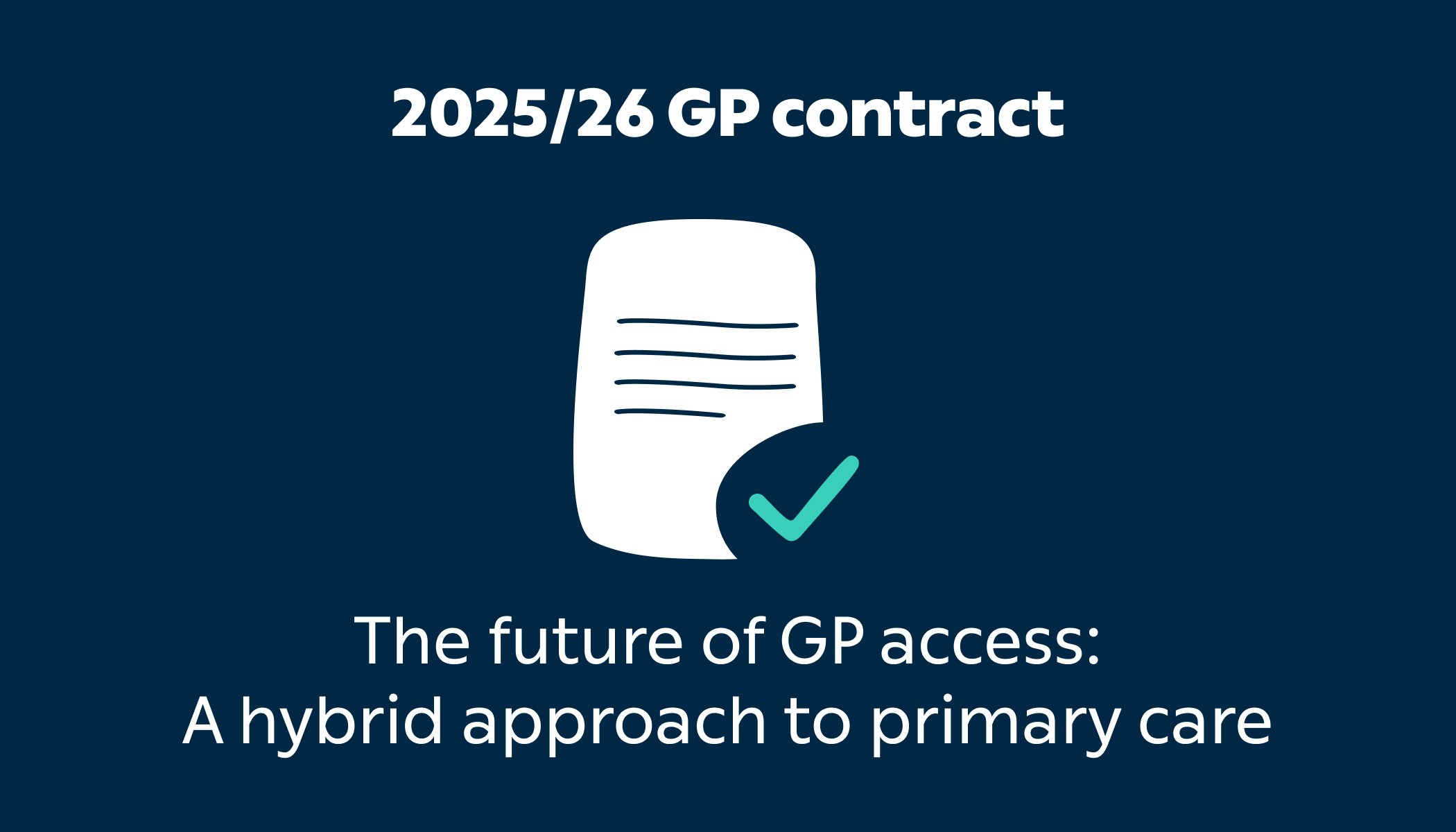Following recent changes to the GP contract, practices will be required to ‘provide appropriate response’ to patients upon first contact from 15 May.
This may include:
providing an appointment at the practice premises or via telephone or video;
giving advice or care by another method;
signposting patients to appropriate services that are available;
communicating with the patient to request further information or providing information on when or how services may be provided to them.
In terms of what this might mean for practices, this will undoubtedly pose additional capacity pressures at a time when many teams are already working to meet demand under considerable strain. Indeed, this winter alone, recent ONS figures show that an estimated 18.3 million people attempted to make a GP appointment in February, half a million more than earlier in the winter.
Understandably, concerns have been raised in some quarters as to how practices can fulfil the new requirements. With teams working harder than ever before to meet the needs of patients, many believe it does not recognise the reality of the current situation.
While requirements do somewhat acknowledge that not all demand can be met by practices, (hence the emphasis on signposting to appropriate services within contract terms), these changes will nonetheless pose a significant challenge for services that are already stretched.
Care navigation and triage will of course be key, and to that end the BMA has published new guidance to help practices implement systems that can be adapted to their individual practice's circumstances.
Recommendation detailed in the guidance include:
Engaging all practice staff in this process and reorganising tasks accordingly
Producing a flowchart for triage for routine and urgent issues
Creating scripts for care navigators to use during conversation with patients
Utilising triage forms to gather high quality information from patients
Providing training to help care navigators handle difficult conversations
Considering whether any additional staffing is required alongside additional software or hardware
To assist, Livi is working with practices, PCNs and ICBs to provide additional clinical capacity by video and telephone. Our aim is to help both ease pressure on practices and support patients to access the care they need. All Livi GPs are GMC registered and can give advice, prescriptions, referrals and fit notes and provide quality care rated Outstanding by CQC.
Services that can directly support with appropriate response requirements include:
Livi Practice which provides immediate clinical capacity direct to practices and PCNs, working as part of the practice team with available Livi sessions integrated within EMIS or SystmOne.
Livi Population which increases primary care capacity of health systems and supports ICBs, PCNs, GP federations and large practices. Appointments are available to patients through partner practices and also bookable through the Livi App.
Livi Practice Websites which provide a range of tools to support patient navigation based on NHS Digital Service Manual guidelines
To find out more about how we help practices to meet growing demand, read a case study.
Or to discuss your needs, speak to our team on partnerships-uk@livi.co.uk or book a meeting.
Full BMA guidance on care navigation and triage is available here.


